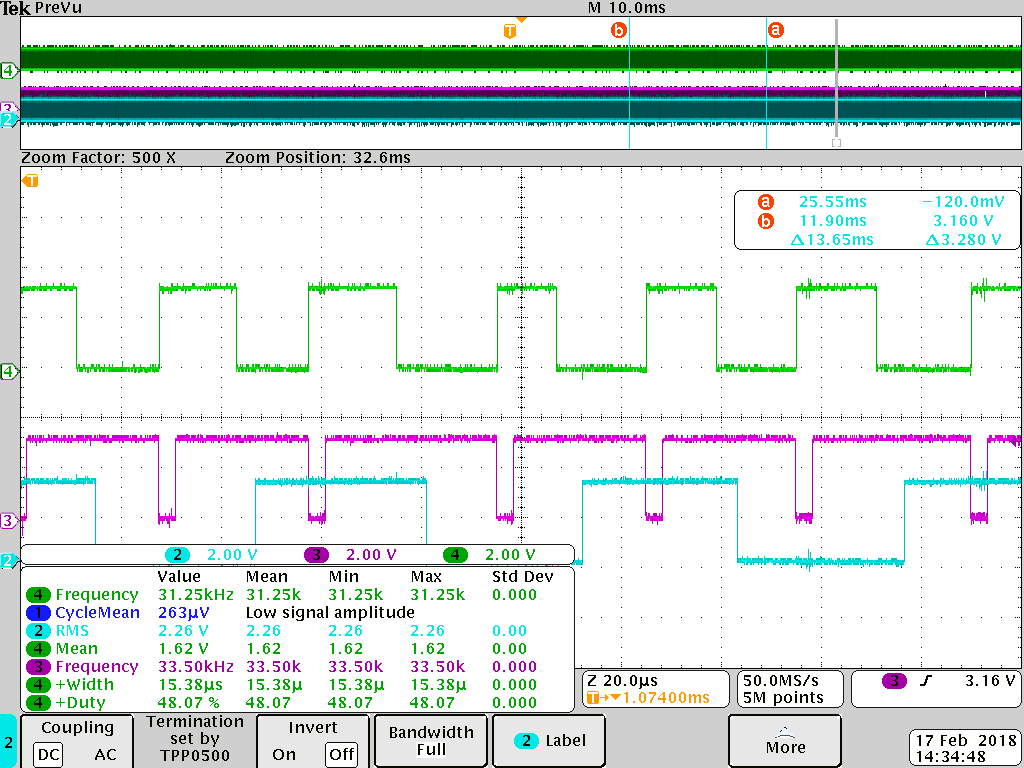Hi,
This was the issue. Thank you. I was aware of the white space problem in general but I use the same location for all of my workspaces and never had a problem. Thanks.
I have one more question if possible. The SPI ports that can be used for serial communication (in RTOS for my TIva) are SPI2 and SPI3? I couldn't find a definition of port 0 or 1 in the header files. It looks like ports 0/1 are used by RTOS drivers to service FatFs devices. Do I see this correct? Is there a way to use SP0 1 in non-FatFs case?



